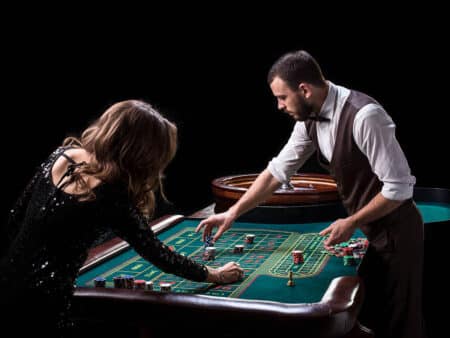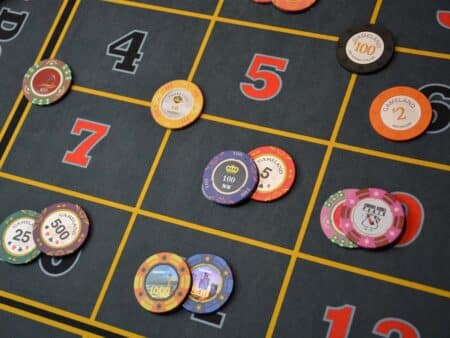Chaos theory was invented to analyze the behavior of complex systems. Read this article to get to know if you can apply it to casino games!
The outcome of casino games largely or entirely depends on luck. But what is luck? Do any algorithms back it up? Can we somehow “hack the code” of being lucky? People have been asking these questions for centuries. Today, we have powerful maths-based tools at our disposal. They can help us estimate rather precisely the notions that previously seemed abstract. Chaos theory is one of such tools. In this article, we’ll try to explain its essence in simple words.
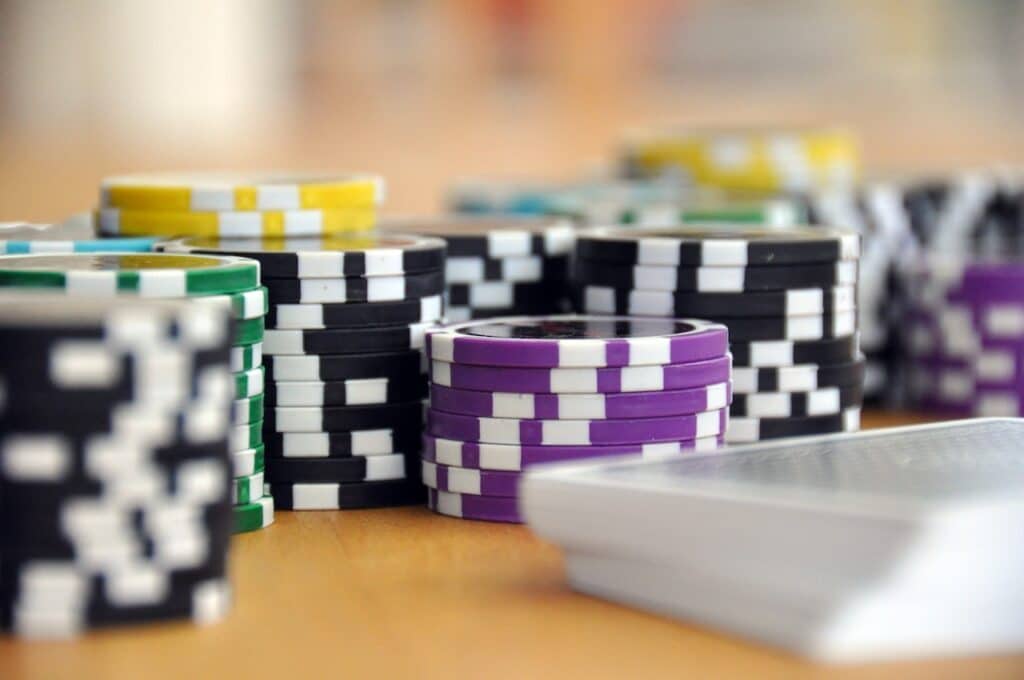
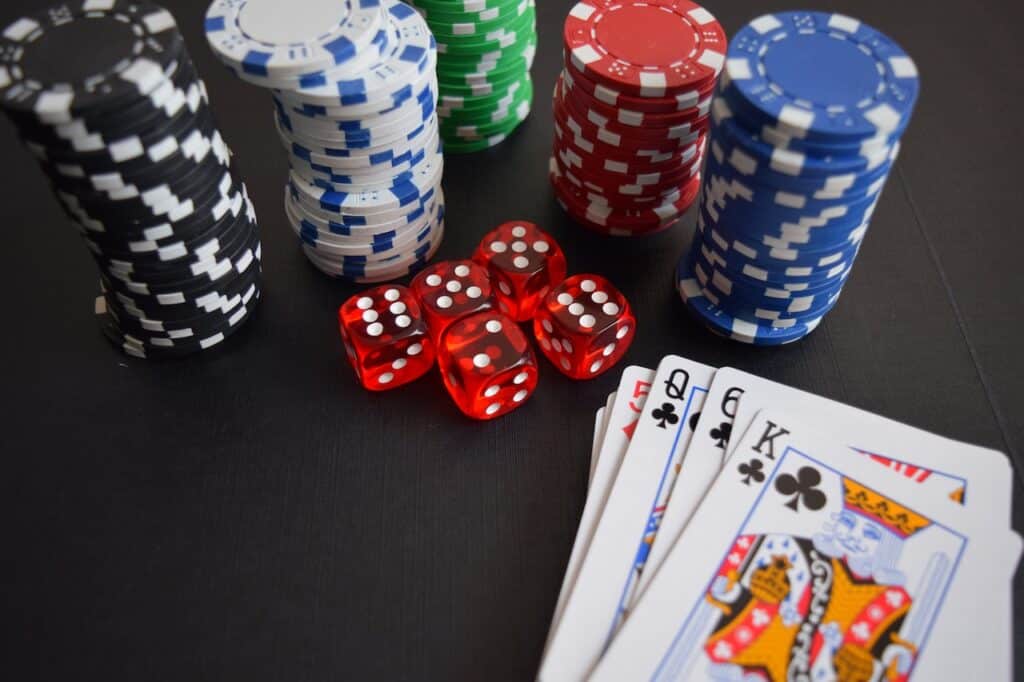
What’s the Chaos Theory?
It’s a complex mathematical theory that studies the unpredictable and random nature of complex systems. The behavior of flames in a fire or the movements of clouds in the sky can serve as examples of such systems. The development of such a system is determined by its initial conditions. If you tweak them even slightly, it can dramatically change the succeeding events. Probably, you’ve heard about the butterfly effect. If a small butterfly flaps its wings in Asia, it can cause a hurricane to form in the Atlantic.
Casino games can be considered complex systems as well. Does it mean that your initial hand in poker or your initial bet in roulette can affect the next rounds of the game? On the one hand, yes. On the other hand, you can apply chaos theory only to selected games and only to a certain extent.
Blackjack Chaos Theory
Unlike many other casino games, blackjack is not a random one. The number of cards in a deck is limited. If you know how many cards left the game, you can predict the probability of receiving strong cards next. This is what the card count in blackjack is based on. This technique works well in offline casinos — but not in online ones, where the dealer can handle any amount of virtual decks simultaneously.
If we try to apply the chaos theory to this game, we’ll need to find the point when a seemingly unimportant move changes the course of the gambling session. How can we do it? Let’s imagine that one ace left the deck — but we’re playing with six decks, so there are many other aces there. Is it the main turning point of the game? No.
Blackjack doesn’t allow you to make the most of the chaos theory. The only thing you can do is assess the potential power of your next hands. In most other card games, you can’t do even that. This is one of the reasons why blackjack is the most popular casino game on a global scale. It gives you an illusion that you have more control over its outcome.


Roulette Chaos Theory
This theory won’t help you boost your odds of winning in an online roulette. But it can come in handy in a brick-and-mortar casino. In the 19th and 20th centuries, some smart individuals hit huge wins thanks to it. By saying “huge” we mean hundreds of thousands or even millions of American dollars.
To repeat their success, it’s necessary to be good at engineering. Some roulette mechanisms have flaws, such as:
- Tilt to the spindle
- Groove in the ball track
- Worn ball
- Bent fret on a wheelhead
Very few people can notice them with the naked eye. Those who do understand: these flaws make the ball land in certain cells more frequently than in others. It can take you many hours of passive observation to identify the patterns. These defects cause small deviations in starting conditions — which is exactly the essence of chaos theory.
Of course, casinos do their best to eliminate the flaws. They regularly inspect the wheels — sometimes as often as once per week. They employ levels to discover the tilts. They keep several balls on the table and use them interchangeably. These efforts make it increasingly difficult for players to apply chaos theory to the game.
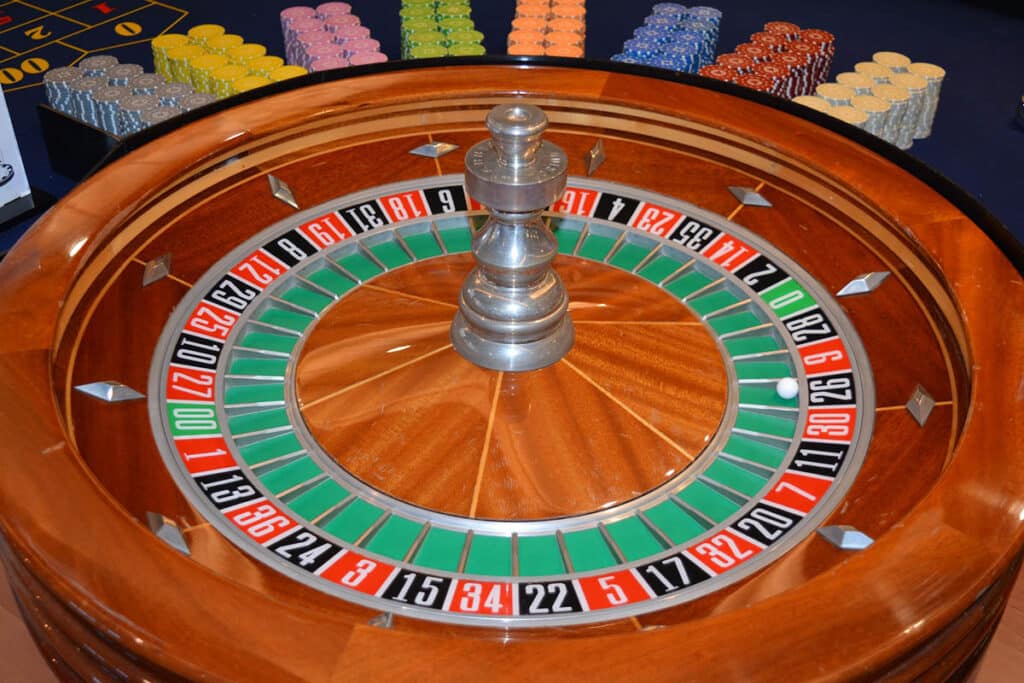
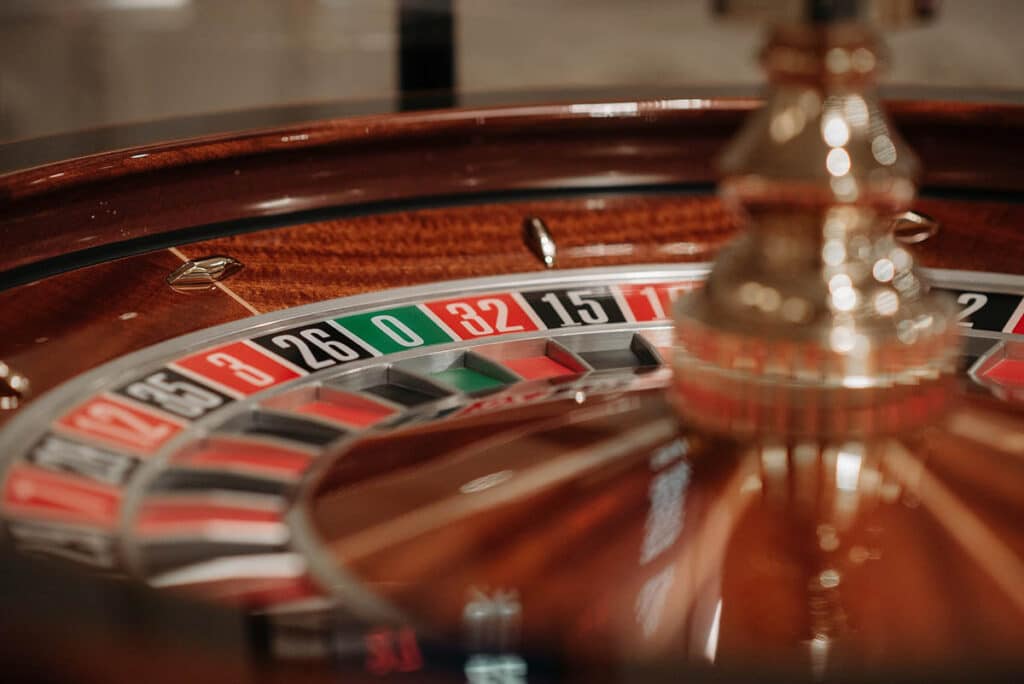
Can Computers Predict the Outcome of Roulette?
In the late 70s, physics students from UCSC tried to analyze roulette with the help of computers. Back then, the technologies were a far cry from their modern counterparts. Nevertheless, such an approach brought some results. It enabled the students to identify in which cells the ball would be more likely to land — and in which less likely.
Today, you can install powerful software on your smartphone to look for anomalies in offline casinos. As soon as you detect them, you can start using calculations to predict the behavior of the ball.
The biggest drawback of using devices is that the casino staff can easily notice it. Depending on the rules of the venue, they can ask you to leave your gadget somewhere — or to quit the casino. In the worst case, they might ban you forever. Today, most casinos prohibit using smartphones near roulette tables at all, even if you want just to text a friend.
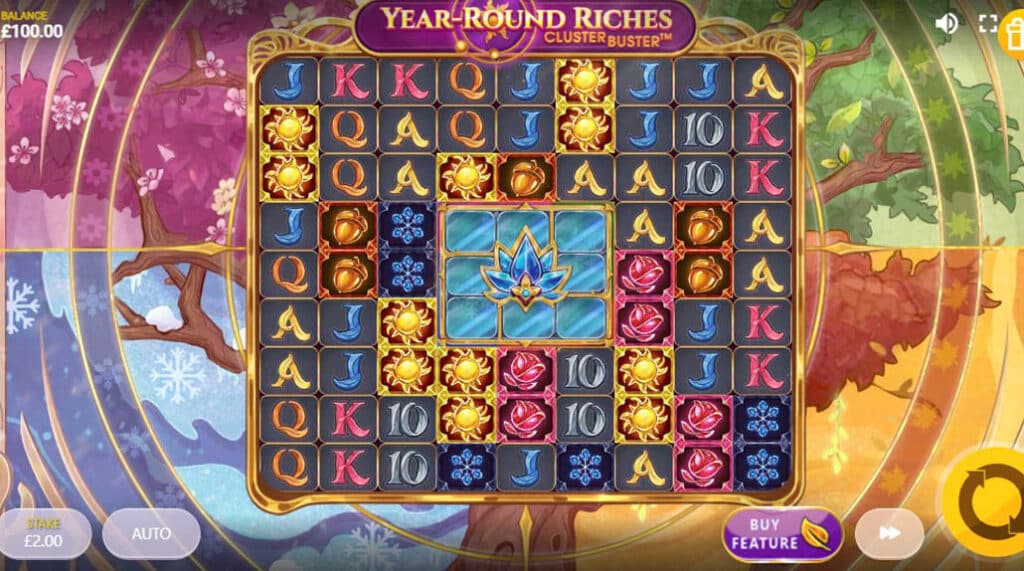
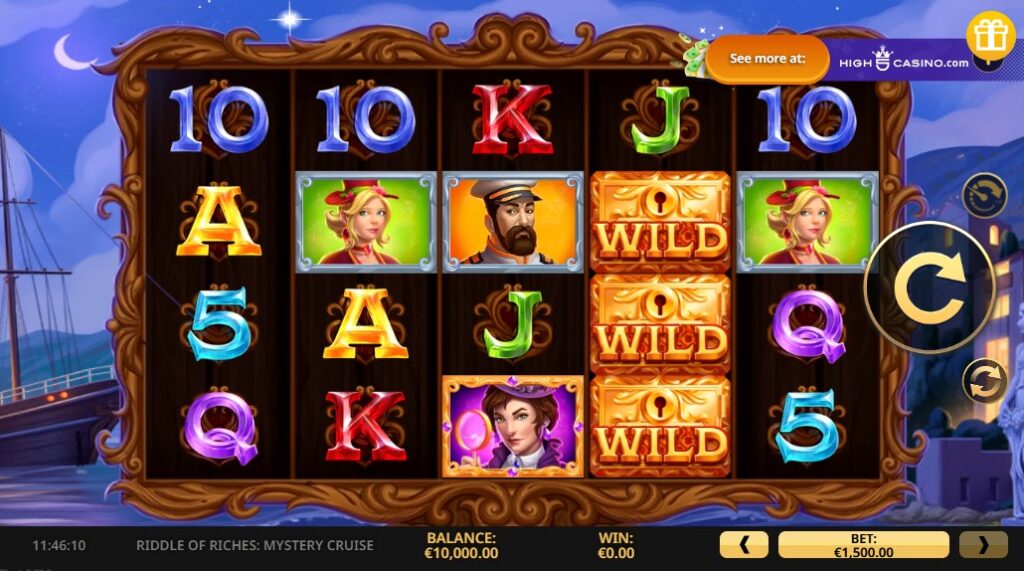
Final Thoughts
Many gamblers dream of finding a chaos theory game whose outcome they will be able to calculate with the help of algorithms. This theory can be applied to a certain extent to blackjack and roulette. In the former, it lets you estimate the power of cards that are still inside the deck. In the latter, it enables you to benefit from the flaws on the wheel — a physical but not digital one. In any case, you shouldn’t expect magic to happen. Chaos theory might give you a small competitive edge — but not a 100% success guarantee.

